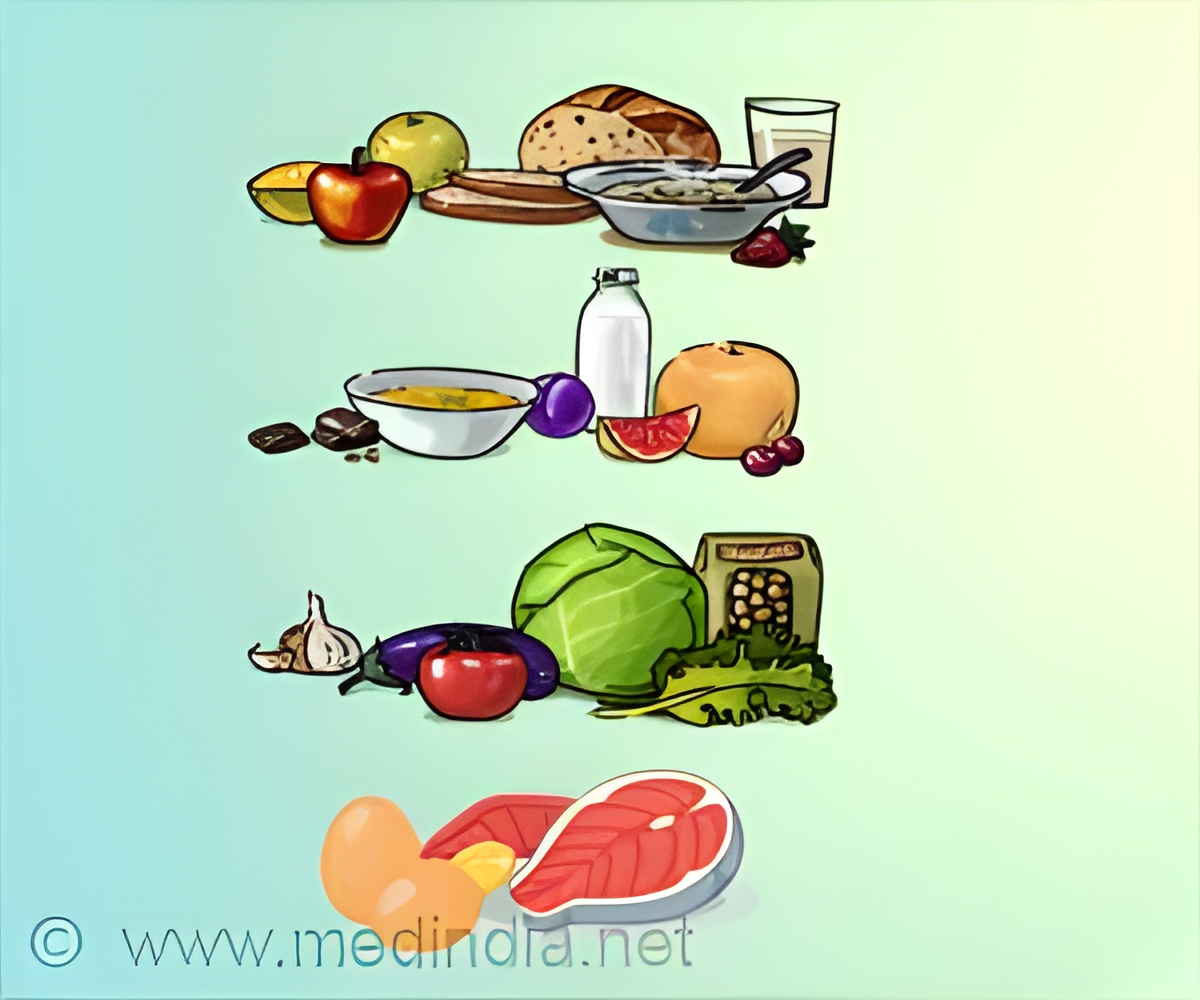A weight loss diet plan is a key factor to reduce the risk of complications for diabetes and also to improve the effect of insulin in the body.

‘For most people with prediabetes, a diet rich with vegetables fruits and whole grains should be recommended for weight loss while a diet rich in healthy fats from plant sources would be effective for diabetics.’





The findings suggest that for most people with prediabetes, a diet rich with vegetables fruits and wholegrains should be recommended for weight loss and could potentially improve diabetes markers. For people with type 2 diabetes, the analysis found that a diet rich in healthy fats from plant sources would be effective for achieving weight loss. These diets could also be effective independent of caloric restriction.
"Recognizing fasting plasma glucose as a key biomarker enables a new interpretation of the data from many previous studies, which could potentially lead to a breakthrough in personalized nutrition," said Arne Astrup, M.D., Head of Department of Nutrition, Exercise and Sports at University of Copenhagen.
The latest findings, as reported in AJCN, have garnered international support with further analysis conducted by researchers from the University of Colorado, Tufts University, and Centro de Investigación Biomédica en Red de Fisiopatología de la Obesidad y Nutrición (CIBER OBN) The research includes an examination of patients in the Prevencion Dieta Mediterranea (PREDIMED Study), a Randomized Trial of a Low-CHO Diet for Obesity (CHO Study), and The Healthy Weight for Living Study. The different studies (six in total) employed a variety of nutrition strategies, including caloric restriction and ad libitum diets, varying the contributions of carbohydrate and fat, and increasing fiber intake.
The study was inspired by a finding in an early trial of Gelesis100, a novel hydrogel which demonstrated pronounced weight loss in people with prediabetes. The latest findings, as published in AJCN, concluded that a personalized nutritional approach based on an individual's biomarkers will lead to improved weight loss and maintenance success.
Advertisement
Source-Eurekalert















